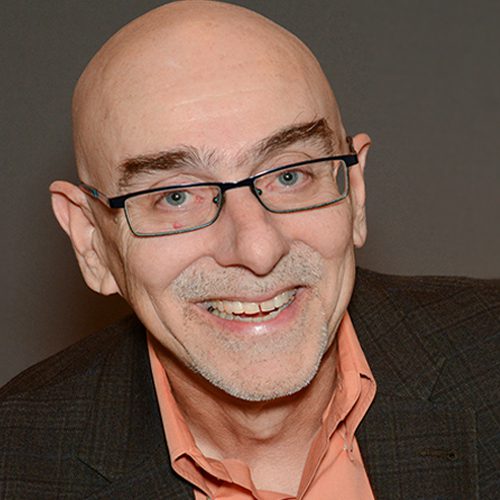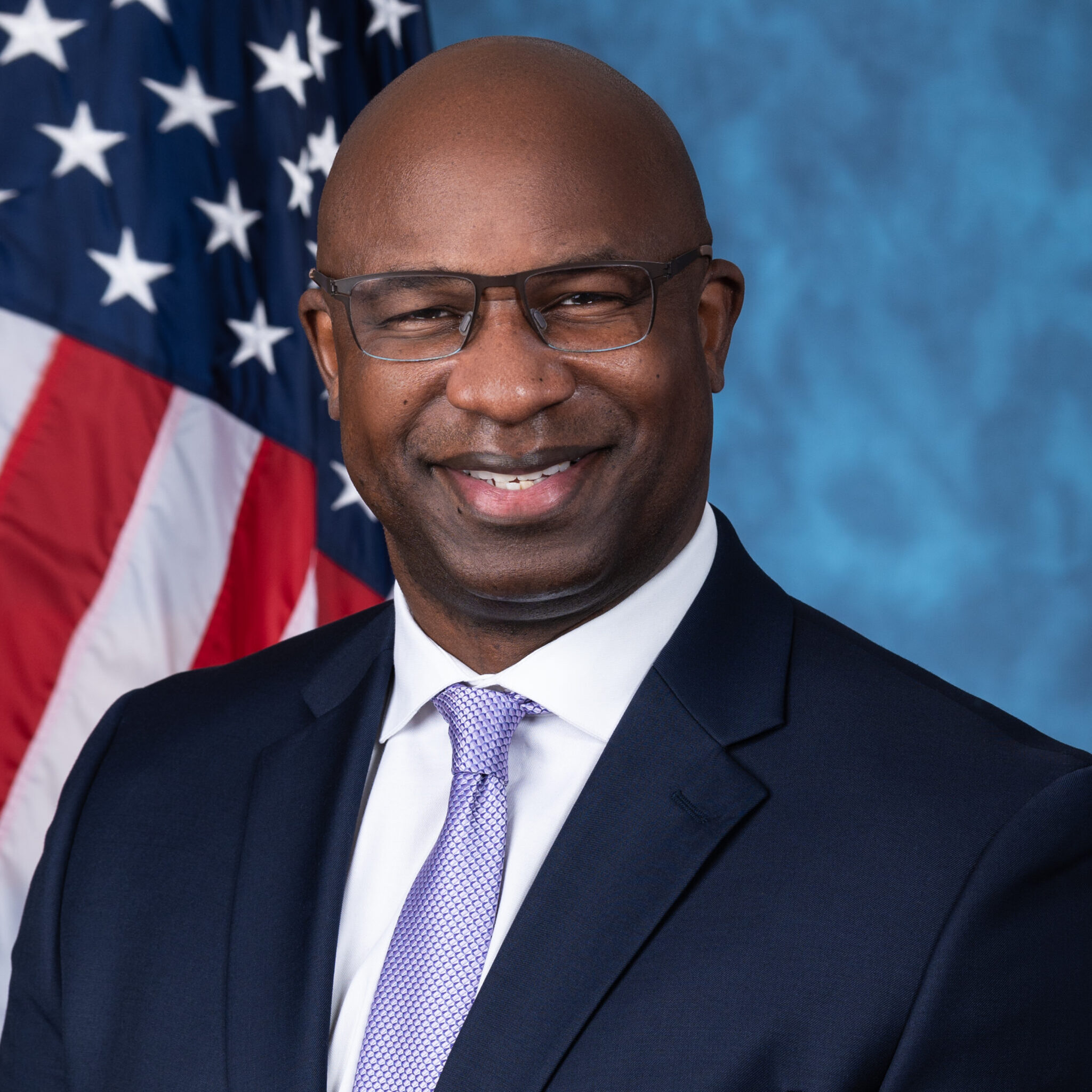Sign up for weekly new releases, and exclusive access to live debates, VIP events, and Open to Debate’s 2024 election series.
- Debates
Features
Topics
Upcoming debates
-
-
-
Nate Silver, a preeminent Election 2024 forecaster and one of the most influential voices in political analysis as the founder of FiveThirtyEight and bestselling author knows that analyzing facts and having the right data can get you ahead, make informed decisions, and be prepared for any changes to a circumstance. In this conversation, Silver will discuss his recent publication, “On the Edge: The Art of Risking Everything,” with Reason’s Editor-at-Large Nick Gillespie, and will address how risk-takers are cultivating power and driving change. This debate took place in front of a live audience on Wednesday, October 23, 2024, at Maxwell Social.Wednesday, October 23, 2024
-
- Insights
- About
-

SUPPORT OPEN-MINDED DEBATE
Help us bring debate to communities and classrooms across the nation.
Donate
- Header Bottom




















JOIN THE CONVERSATION